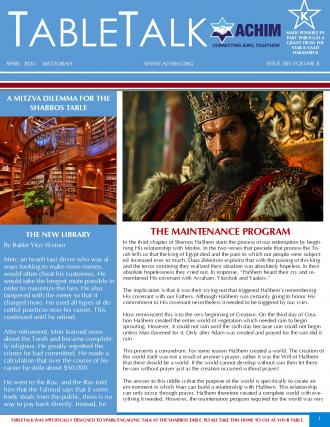A fragile government, a legislative minefield and a jittery economy are turning up the tension as Britain tries to turn its vote to leave the European Union into a reality.
Exit negotiations with the bloc are stalled on divorce terms, and on Tuesday Prime Minister Theresa May’s government faces a battle to push its central piece of Brexit legislation through a divided Parliament.
The European Union (Withdrawal) Bill is designed to prevent a legal vacuum by converting some 12,000 EU laws into British statute on the day the U.K. leaves the bloc in March 2019.
But many lawmakers claim the bill gives the government too much power to amend legislation without parliamentary scrutiny. And opponents of Brexit — both from the opposition and from May’s Conservative Party — will try to amend it to soften the terms of Britain’s exit from the bloc.
The House of Commons will hold eight days of debate on the bill starting Tuesday, and lawmakers have filed hundreds of proposed amendments — each one a challenge for a minority government that relies on support from a small Northern Ireland party to avoid defeat on key votes.
A group of pro-EU Conservatives is threatening to defeat the government unless there are concessions to avoid a “hard Brexit” — that is, an exit without a deal on new trade relations that many businesses fear will cause economic turmoil.
The government has tried to mollify rebellious lawmakers by promising Parliament will get a vote on any Brexit deal agreed on between Britain and the bloc before Britain leaves in March 2019.
But Brexit Secretary David Davis said the vote will be a “take it or leave it” choice: If Parliament rejects the deal, Britain will crash out of the 28-nation bloc without an agreement.
Many businesses see that as a worst-case scenario, as it would bring tariffs and red tape that could see trade with the bloc grind to a halt.
A group of lawmakers warned Tuesday there could be catastrophic consequences if Britain fails to put a new customs system in place before the U.K. leaves the EU.
Parliament’s Public Accounts Committee said Brexit may lead to a fivefold increase in customs declarations. It said that could bring “huge disruption” for business, with border delays causing “massive backups” at the port of Dover and food rotting in trucks if the system doesn’t work properly.
Britain hopes to strike a free-trade deal with the EU, and wants a two-year transition period after 2019 to ease into the new arrangements. But negotiations between London and Brussels remain deadlocked over terms of the U.K.’s withdrawal, including how much Britain must pay to meet its financial commitments to the bloc and the status of citizens affected by Brexit.
EU chief negotiator Michel Barnier says there must be major progress in divorce talks before the end of November if EU leaders are to agree at a Dec. 14-15 summit to move on to discussing trade and future relations.
The rights of 3 million EU citizens in Britain — and 1 million Britons living elsewhere in the bloc — remains a sticking point. Britain says EU nationals will be able to stay and enjoy broadly the same rights as they do now.
But the European Parliament’s top Brexit official has warned that the U.K.’s proposals fall far short of what’s needed.
Guy Verhofstadt wrote in a letter to Davis — obtained by The Associated Press — that “under your proposals EU citizens will definitely notice a deterioration of their status as a result of Brexit.”
Verhofstadt noted that citizens will have to register for settled status in the U.K. individually instead of as a family, that it will be too costly and that there are too many risks of deportation.
Any Brexit deal between the 27 EU nations and Britain needs the approval of the European Parliament.











